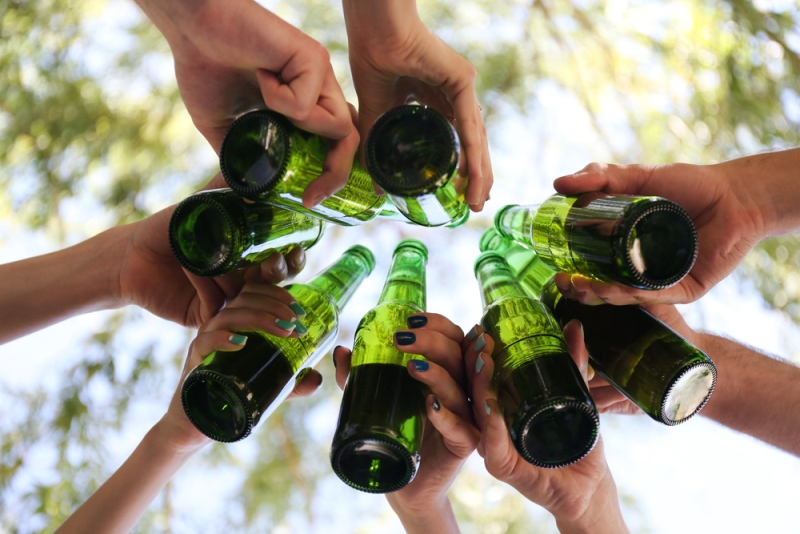
There is concern that reducing the drinking age from 21 to 18 would lead to even more dangerous drinking in bars, but a new study has found that it would also keep people out of school by increasing the high school dropout rate.
The findings, published in the latest issue of the Journal of Studies on Alcohol and Drugs, came from examining dropout rates before the minimum drinking age was raised to 21 in 1984. Researchers found that 17-year-olds were affected by their 18-year-old peers and that having students in a high school setting who could legally drink increased the chances that younger students would access alcohol.
Lead author Andrew Plunk noted that there was a 3% jump in dropout rates among the whole sample when the drinking age was at 18. “At-risk” groups for dropping out of high school like African Americans and Latinos had a 4% increase, while the dropout rate jumped by a staggering 40% among those whose parents had drinking problems.
With 3.3 million teenagers expected to graduate from high school this year, a 3% jump in dropouts would lead to an additional 99,000 dropouts across the country.
“The minimum legal drinking age changes how easy it is for a young person to get alcohol,” said Plunk said in a news release. “In places where it was lowered to 18, it’s likely that more high school students were able to get alcohol from their friends … if we lower the drinking age, it suggests to me that we’d see this same dropout phenomenon again.”
However, many colleges and even certain states have spoken in favor of lowering the drinking age to 18. In 2008, over 130 college chancellors and presidents signed a petition in favor of the idea.
Meanwhile, Alaska introduced a bill in 2011 to allow active military members to drink at age 18 on the basis that they were old enough to handle alcohol if they were old enough to fight and die for their country.